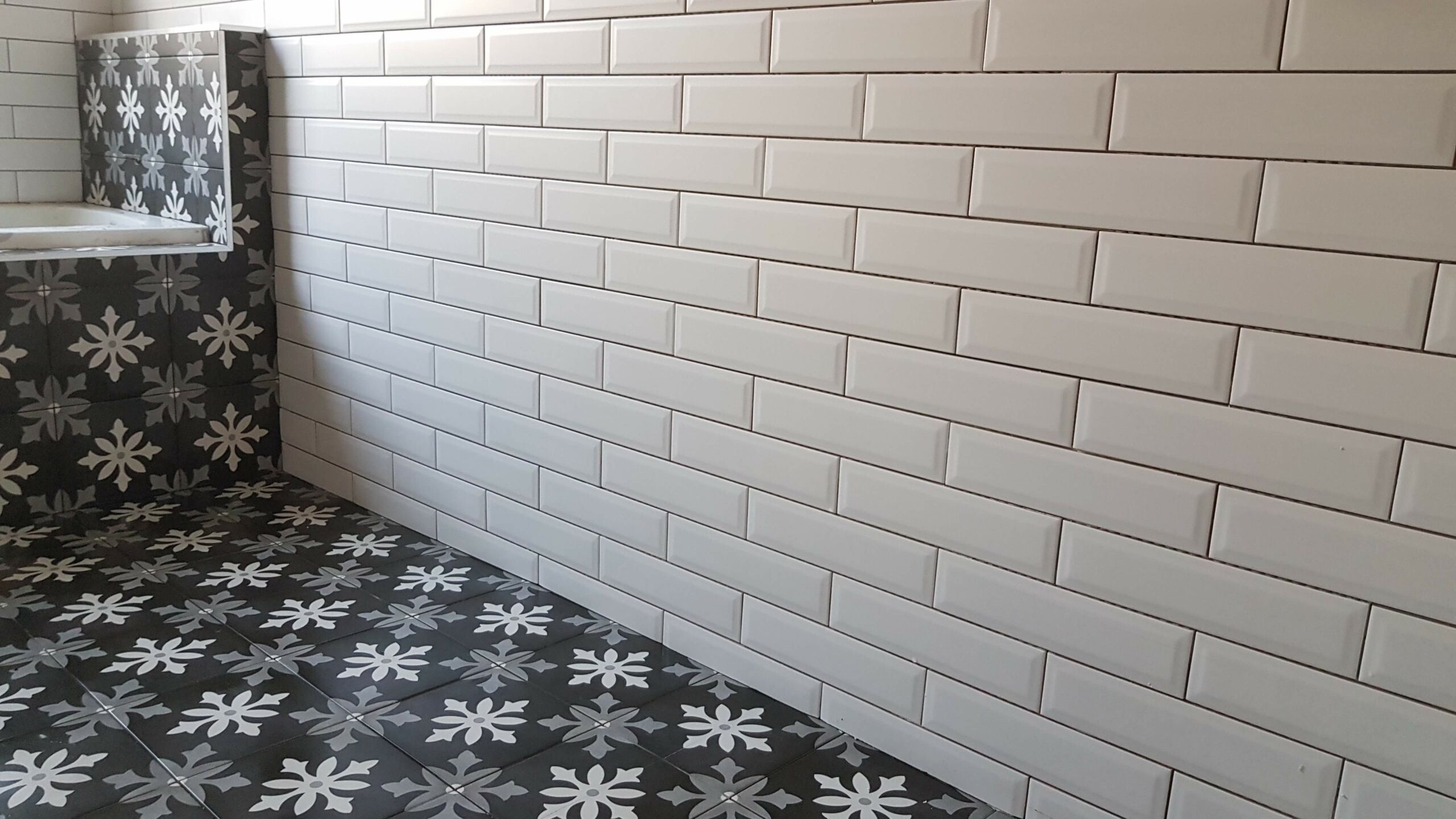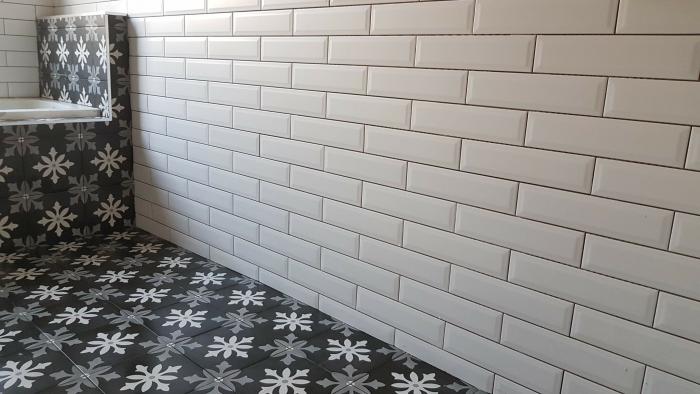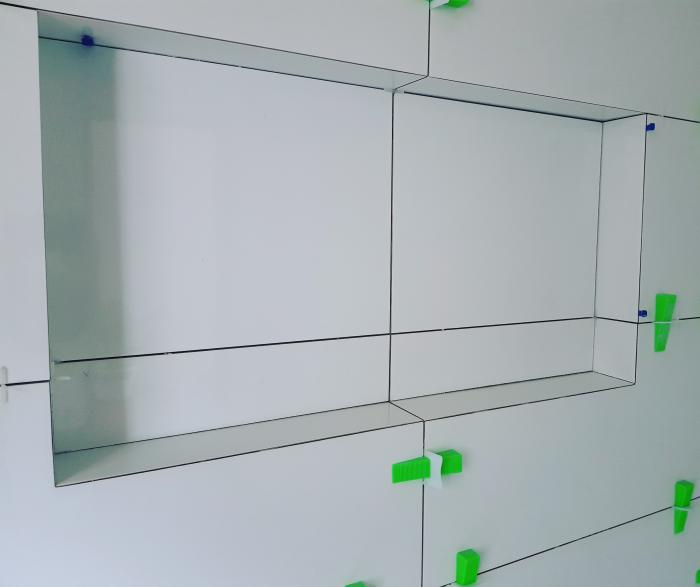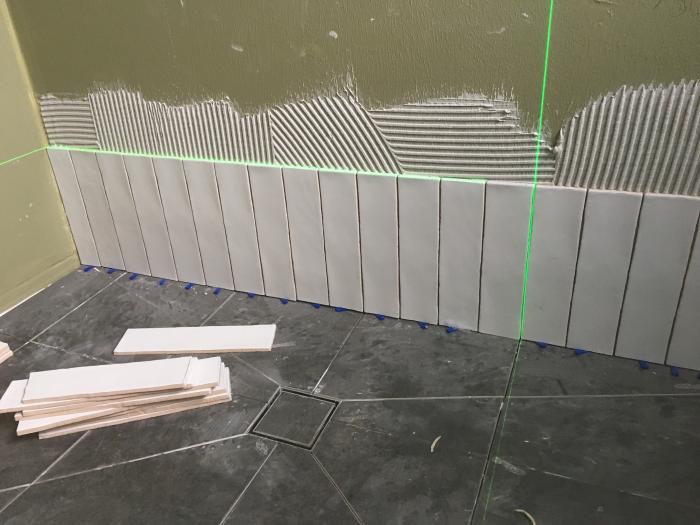

Tiles can make or break some of the most used and expensive rooms in your house – the bathroom, kitchen and laundry. As a result, tilers play an important role in ensuring your building or renovation project is not only aesthetically pleasing but also completed on time.
Although it might seem like a straight-forward process at first glance, tiling involves critical analysis, planning, substrate preparation and, in some cases, waterproofing. These require the skills and experience-based insights of a professional.
Just as important though, is that you communicate clearly with your tiler to avoid any misunderstandings.
The Build team recently spoke to CLD Tiling owner Corey Downes about what questions home owners should be asking their tiler before the project starts to ensure you get what you intended with no expensive errors or on-going maintenance.
Are you accredited in waterproofing?
In Australia, the registration and accreditation of tilers is not compulsory in all states and territories so Corey says it’s important to check what your tiler’s credentials actually are, particularly in regards to waterproofing.
One of the most common statistics quoted in the building industry is that while waterproofing and water ingress issues make up only 1.8% of total construction costs, they account for 83% of building defect complaints.
“Waterproofing is therefore the number one thing you want to check with your tiler before you start,” says Corey.
“If your tiler says they’ll undertake waterproofing, make sure they’re accredited because if they aren’t and things go wrong then you as the home owner will be liable for any costs.”

What size tiles can you lay in this area?
Before you begin choosing tiles, ask your tiler what sizes can fit in the space and will complement the area. Different sized tiles will produce different aesthetics and can really impact the feel of a room.
“There are standard sizes for certain applications and tile sizes that are commonly used in specific places, which can provide a guideline for what tiles will work in your area,” says Corey.
“This doesn’t mean you have to follow strict rules or feel locked into certain sizes, it just means you can make a more informed choice when buying tiles.”
Will these tiles look good?
Tile choice does of course come down to personal taste and preference but if you’ve got a few options that you’re struggling to choose between, it can be extremely beneficial to get your tiler’s opinion.
“Tilers know quality products and can help you determine whether a tile is high-quality and made to last. You really do get what you pay for and some of the cheaper tile options can have variations in size from tile to tile that can make them difficult to work with,” says Corey.
“Additionally, there are a variety of tiles that have been designed for different performance requirements and applications. Tilers can help you take into account technical factors, as well as the design when deciding on tiles.”
Professionals are there to provide advice and help throughout the project so don’t be afraid to ask questions along the way!

CLD Tiling


